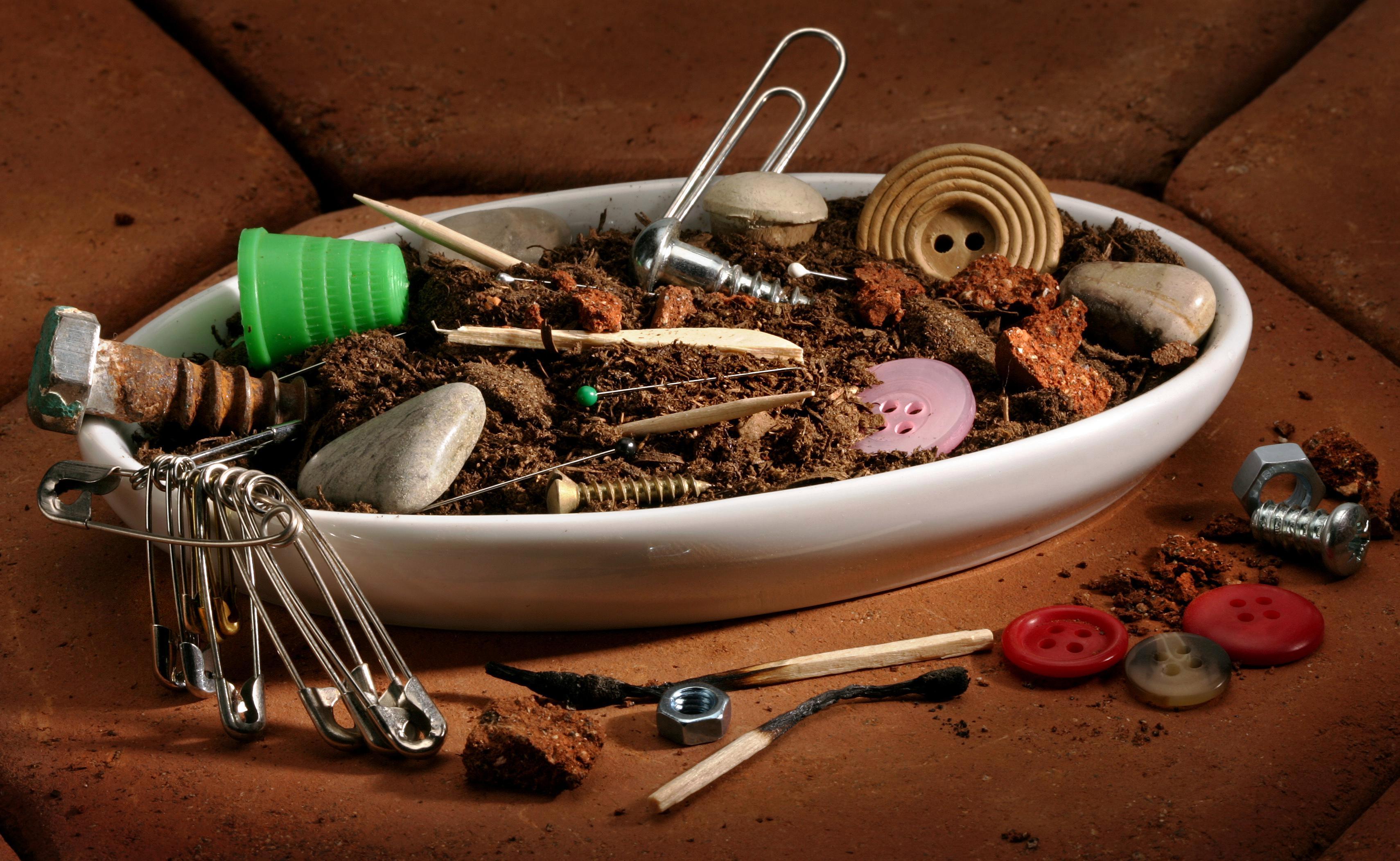

A 2000 study published in the Journal of Applied Behavior Analysis suggested that a simple multivitamin supplement may be an effective treatment in some cases. Tears in the lining of the esophagus or intestines caused by hard or sharp objects, including paper clips or metal scraps. Intestinal blockages or constipation as a result of objects that are difficult to digest, such as pebbles or metal.

Until recently, research hasn’t focused on medications to help people with pica. Pica anemiaan iron deficiency that can cause pica cravings. Depending on your diagnosis, they may prescribe medications, therapy, or both. Your doctor may also order a psychological evaluation to determine if you have OCD or another mental health condition.

For example, they’ll recommend taking regular iron supplements if you’re diagnosed with iron deficiency anemia. If your doctor thinks your pica is caused by nutrient imbalances, they may prescribe vitamin or mineral supplements. This medication may be taken by mouth, or your doctor may prescribe intravenous chelation medications for lead poisoning, such as ethylenediaminetetraacetic acid (EDTA). This will allow you to excrete the lead in your urine. In this procedure, you’ll be given medication that binds with lead. Young kids often put non-food items (like grass or toys) in their. Pica is more common in people with autism spectrum disorder and developmental or intellectual disabilities. For example, if you have severe lead poisoning from eating paint chips, your doctor may prescribe chelation therapy. Pica is an eating disorder in which a person eats things not usually considered food. It happens more in children than in teens or adults. Pica is an eating disorder in which people compulsively eat one or more nonfood items, such as ice, clay, paper, ash, or dirt. Your doctor will probably begin by treating any complications you’ve acquired from eating nonfood items.


 0 kommentar(er)
0 kommentar(er)
